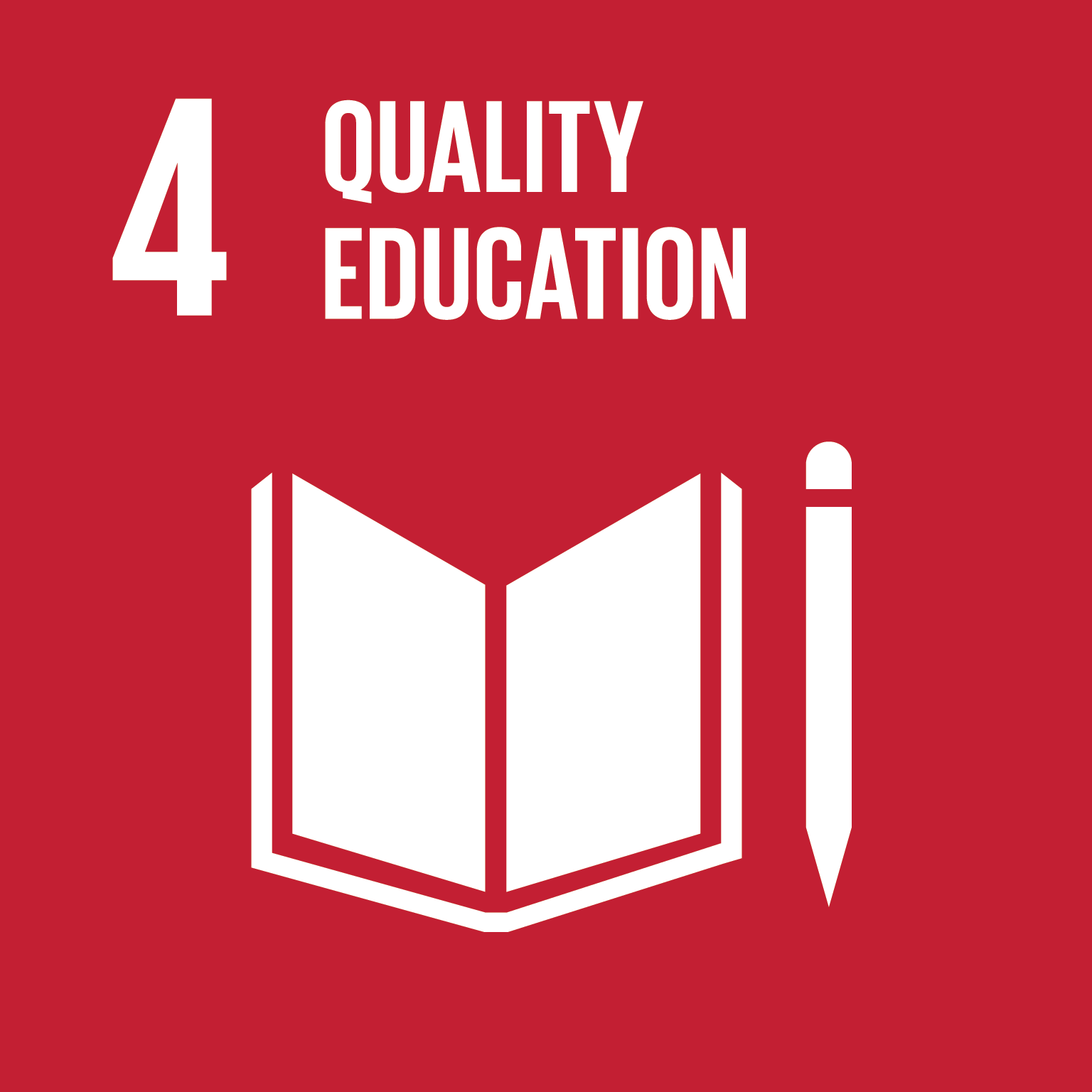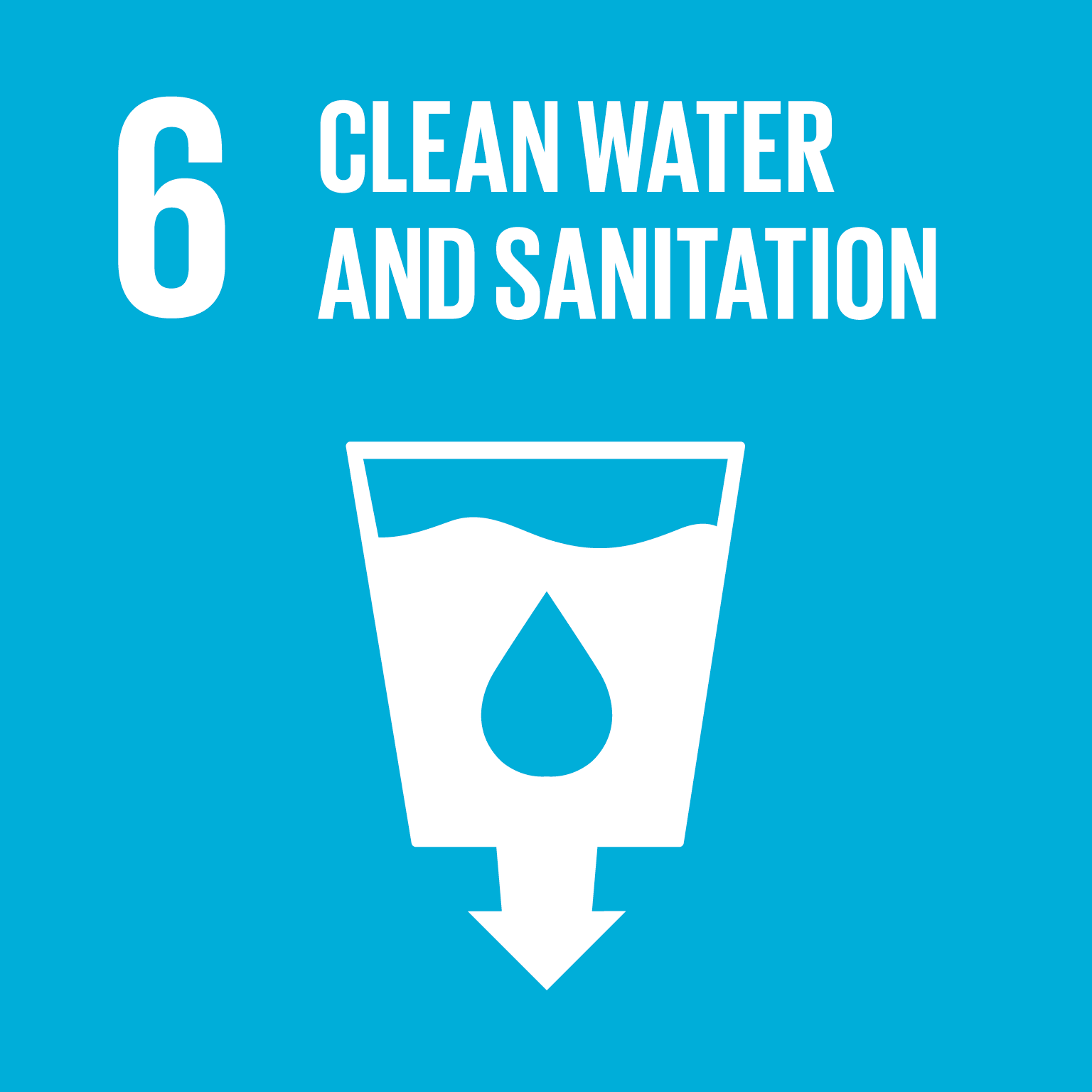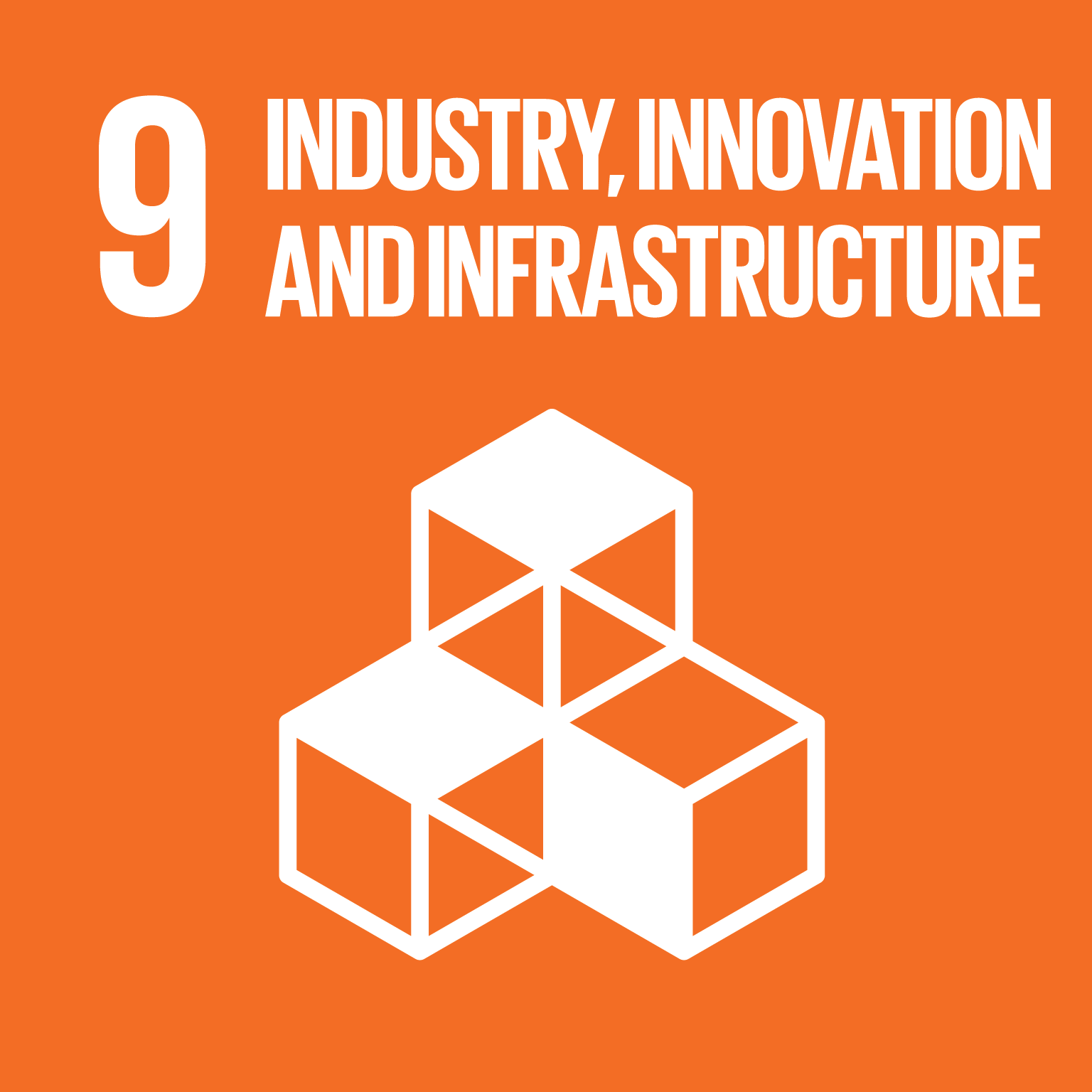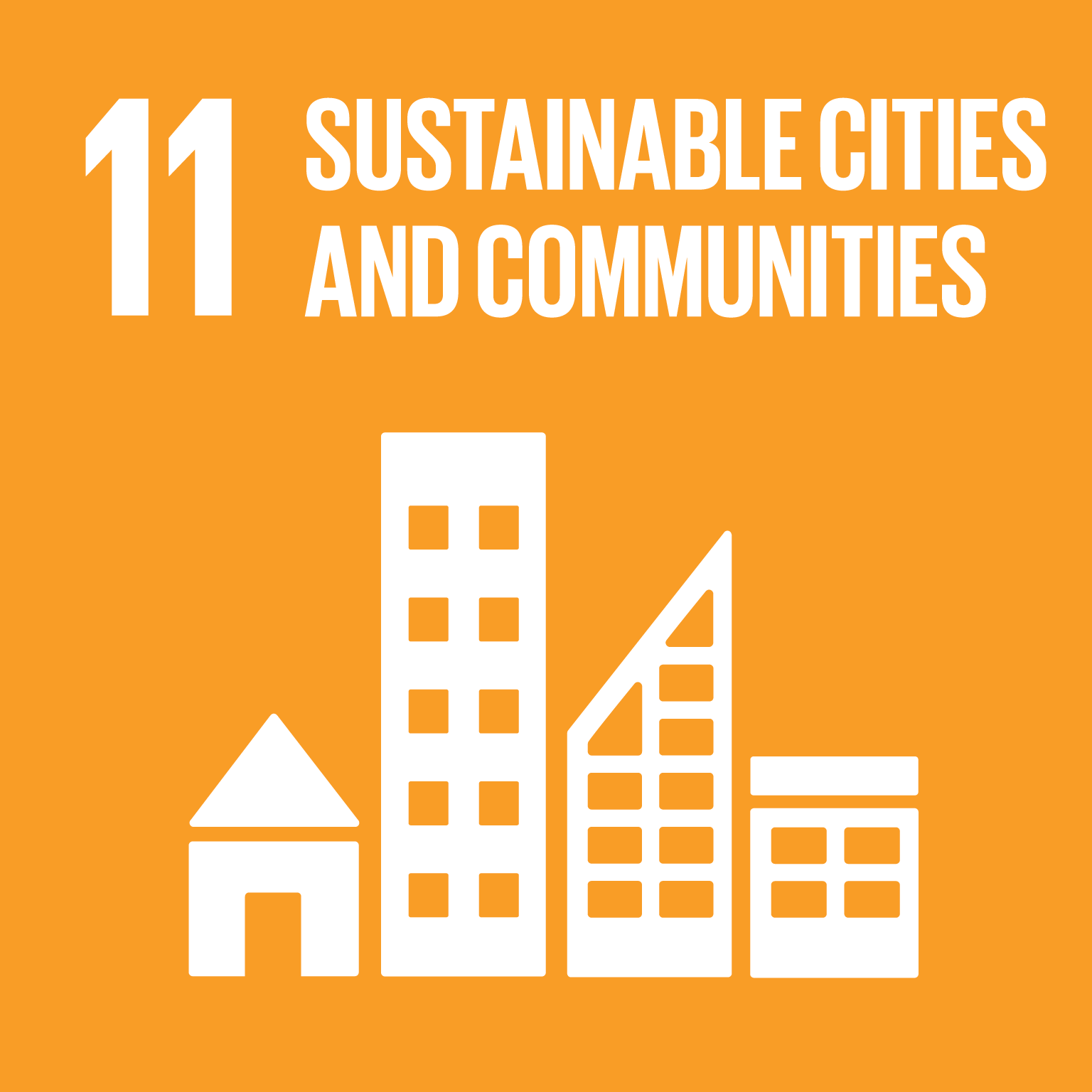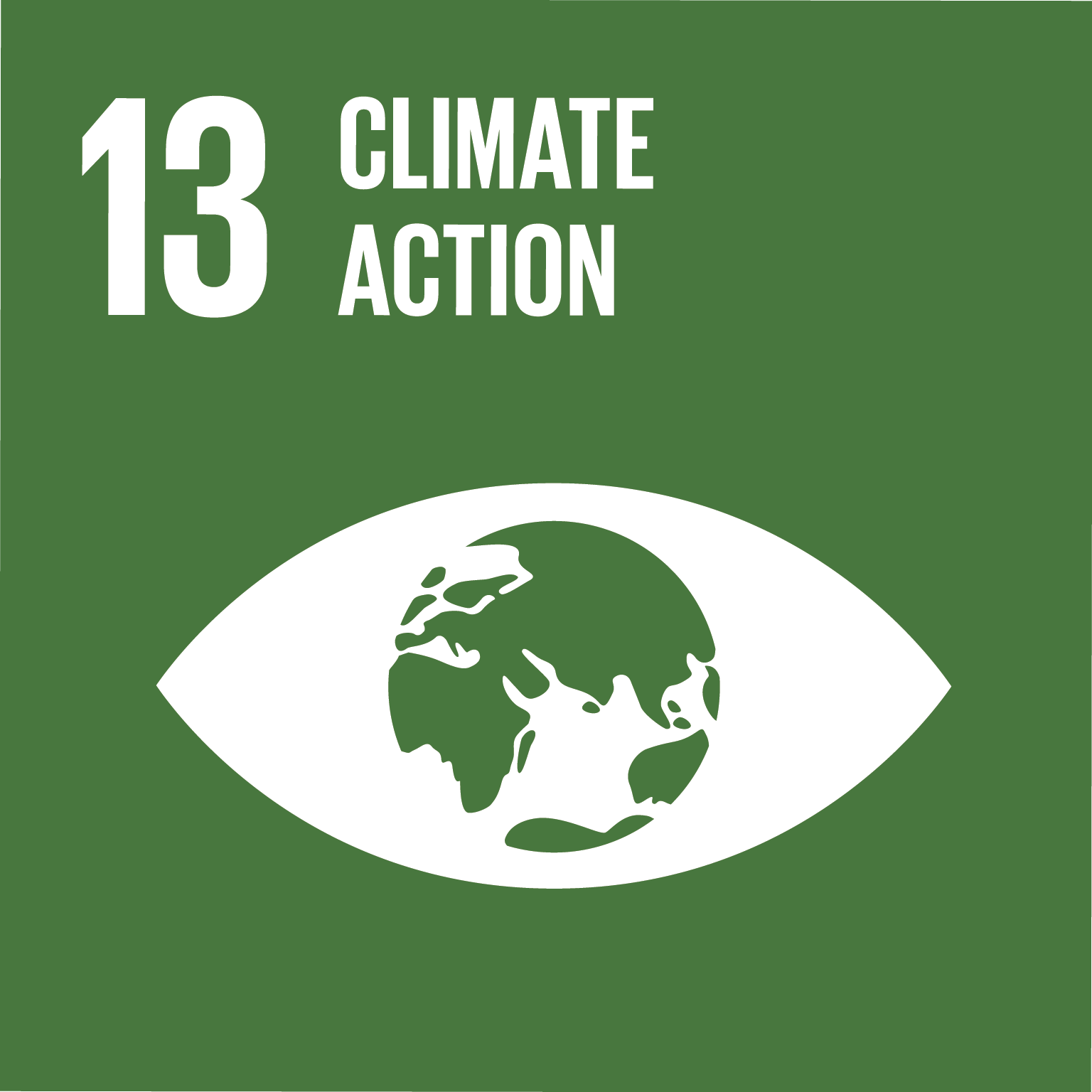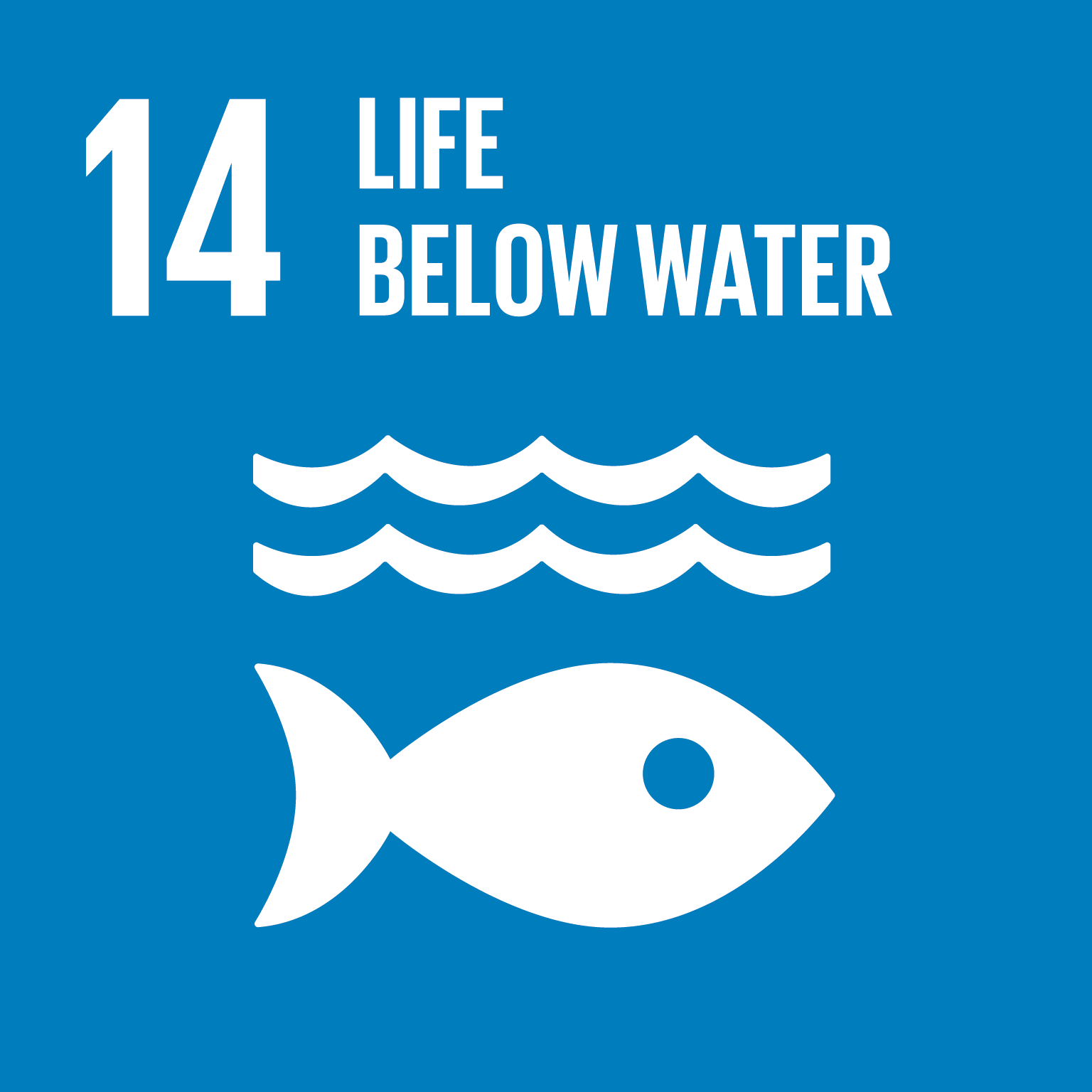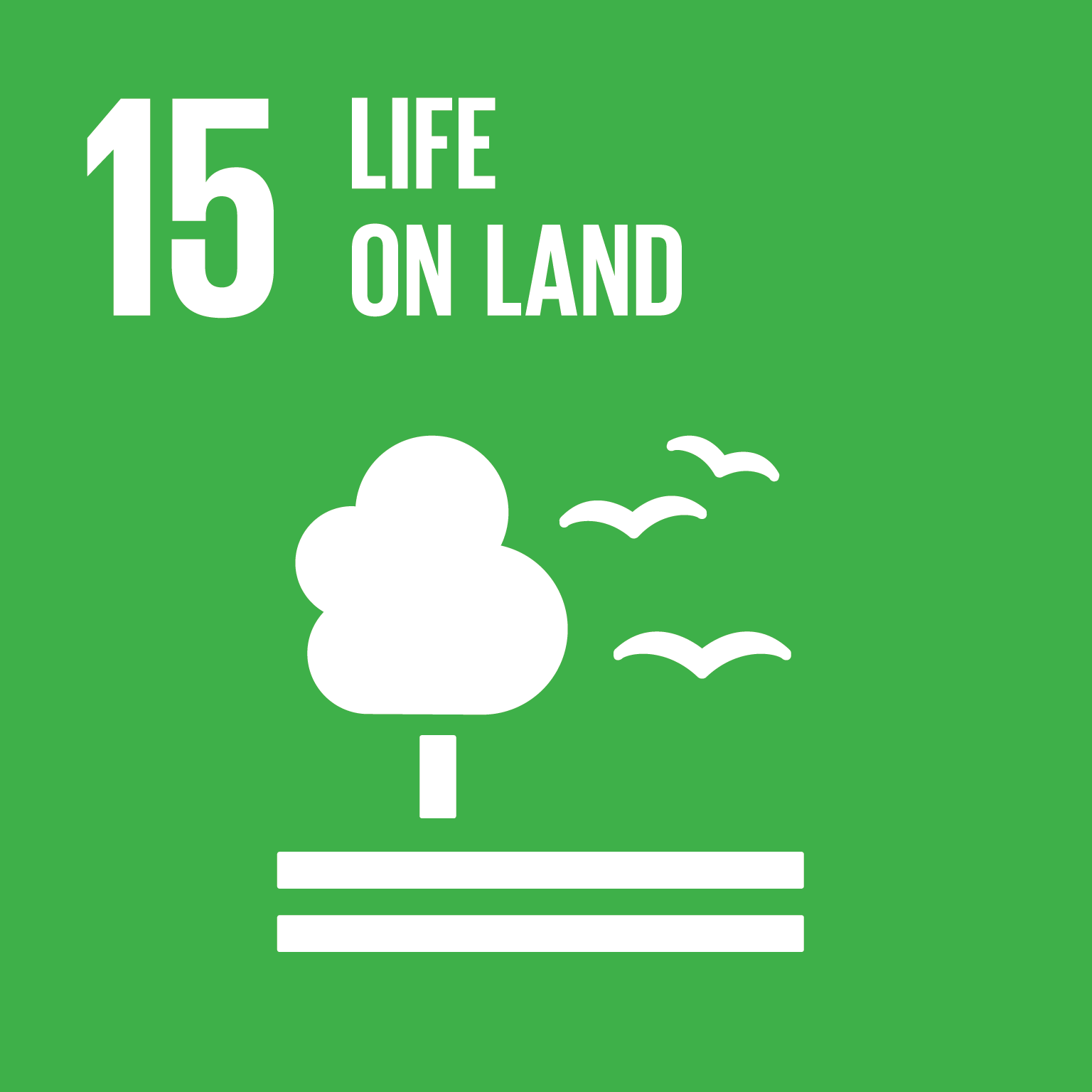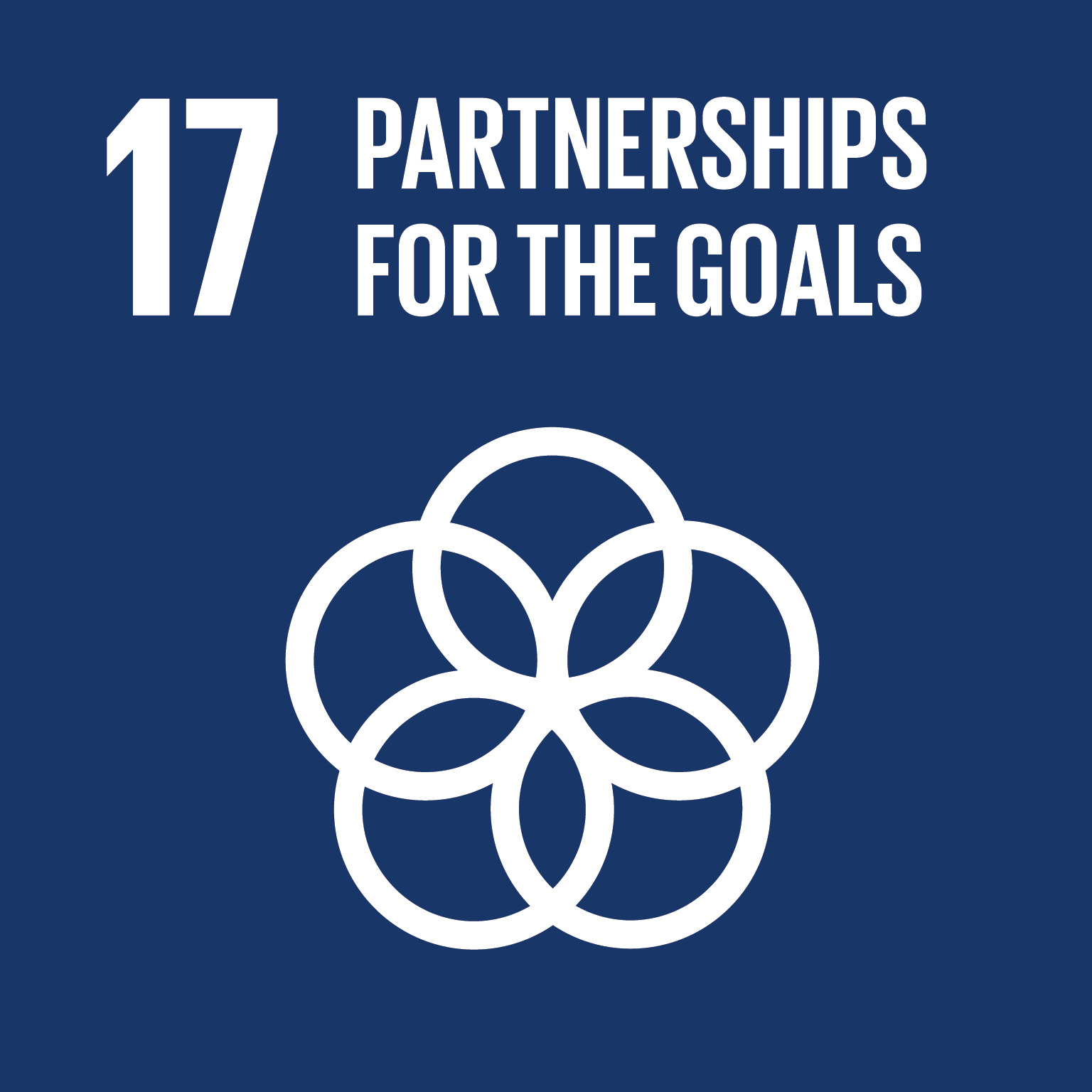- Advanced Skills in the principles of landscape architecture including dedication, vision and passion for design and our environment.
- Future Orientated and attuned to the careful balance needed for current and future resources and energy responsibility with complex knowledge of the rich ecology of sites and how to phase interventions towards these.
- Practiced in research methods, design methods and mastery of communication in a range of visual, verbal, written and digital modes.
- Create leaders who are conscious of climatic and social challenges, with in-depth knowledge of process with an ethical outlook, knowing when to intervene and when not to.
- Spatially trained with well-considered appreciation of the cultural & historical, environmental & specific context, to design appropriate solutions and delightful spaces.
- Collaborative and committed to participative planning with end users and the need for lifelong curiosity and professional growth in practice.
- Adopt a theoretical framework and critical approach to data to synthesize divergent demands in a changing context and draw conclusions to generate creative proposals.
- Curious, efficient and reliable in delivering to program and budget, advanced knowledge of digital systems and aware of the complexities of material selection and reuse.
This course is available through the following application route(s)
The MSc Global Change Landscape Design program at UCD represents a unique opportunity for students to become future leaders in the field of landscape design. With its innovative curriculum, world-class faculty, and emphasis on practical experience, this program prepares students to tackle the complex challenges of global change with confidence and expertise. If you are passionate about making a difference in the world and shaping the landscapes of tomorrow, then this program is for you.
Global [climate] change is altering everything—everywhere in the world. We are faced with necessary challenges relating to the design and engineering of our surrounding environments and landscape. The landscape and its functions, its ecosystem services and its appearance, will inevitably change. As climate change adaptation accelerates, e.g. through the global energy transition away from fossil fuels and the associated creation of new industries, the urban, peri-urban and rural environment will become a large-scale powerhouse. At the same time, the underlying landscape with its structures, soils, peatlands, wetlands, forests and oceans must be supported in its function as an important global carbon sink. The landscape as such will become a global infrastructure element that will accommodate new industries, new settlements and decentralized production of renewable energy. Large and massive elements will dominate the landscape, such as wind farms, solar parks, battery parks, power lines, substations, biomass production, transport routes, new industrial zones, new residential areas, etc. All of this must be carefully considered and intelligently designed. This is the only way to ensure sustainable future development that enables functioning ecosystems and affluent societies to coexist.
Ireland is the only country within the European Union (EU) whose first language is English, and the UCD degree in Landscape Architecture is the only one in Ireland that offers access to the title of Landscape Architect. The Master’s programme in Global Change Landscape Design offers professional experience as an embedded programme component in the third trimester, providing a unique path to career entry after graduation.
Course Content & Structure
- 90 credits taught masters
- 60 credits of taught modules
- 30 credits internship
Core Modules Include:
- Research-By-Design Studios A and B
- Landscape Research
- Geodesign For Urban Futures
- Water, Soil & Vegetation
- Fieldwork
Live Learning
This programme offers students the opportunity to complete a 1-trimester work placement, where students’ technical and business knowledge can be applied and developed in a dynamic real-world setting. This creates a seamless transition between master’s studies and subsequent professional life, which is very attractive for students and future employers.
Face to Face
The program is taught face-to-face and takes place primarily in the inspiring and interactive environment of two design studios. This form of conveying creative content offers the opportunity for transdisciplinary work and network building that can last a lifetime.
About This Course
Graduates of the program literally have the world at their feet. Global change creates needs and opportunities that are only now fully unfolding. Medium and large offices and global consulting firms are looking for landscape specialists who can understand, assess and design the future landscape. This is not just limited to the world’s land masses, but also includes the oceans, where large offshore industries (e.g. wind power) are emerging.
Specifically, graduates will have a skill set affording opportunities to work in a variety of industries and companies, including:
- Landscape Architecture/Urban Planning firms SWA Group, ARUP, AECOM, Hargreaves Associates
- Environmental Consultancy firms MKO, ERM, Tetra Tech, Jacobs
- Real Estate Development companies Remcoll, LDA, Lendlease
- Government agencies European Environment Agency (EEA), Environmental Protection Agency (EPA), National Parks and Wildlife Service (NPWS), Department of Housing, Local Government and Heritage
- Non-Profit Organizations European Landscape Convention (ELC), Irish Environmental Network, Heritage Council of Ireland
Below is a list of all modules offered for this degree in the current academic year. Click on the module to discover what you will learn in the module, how you will learn and assessment feedback profile amongst other information.
Incoming Stage 1 undergraduates can usually select an Elective in the Spring Trimester. Most continuing undergraduate students can select up to two Elective modules (10 Credits) per stage. There is also the possibility to take up to 10 extra Elective credits.
| Trimester | Credits | |||
|---|---|---|---|---|
Stage 1 Core Modules |
ARCT41310 | Geodesign for Urban Futures | Autumn | 5 |
Stage 1 Core Modules |
LARC40680 | Research-By-Design Studio A | Autumn | 15 |
Stage 1 Core Modules |
LARC40690 | Water, Soil & Vegetation | Autumn | 5 |
Stage 1 Core Modules |
LARC40650 | Landscape Research | Spring | 5 |
Stage 1 Core Modules |
LARC40660 | Fieldwork | Spring | 5 |
Stage 1 Core Modules |
LARC40670 | Research-By-Design Studio B | Spring | 15 |
Stage 1 Core Modules |
LARC40640 | Internship (Work Placement) | Summer | 30 |
Stage 1 Options - A) Min 2 of: All Students MUST select 10 credits of Option Modules, one in Autumn and one in Spring, and between Core and Option modules register for a balanced workload of 30 credits per Trimester. Access to individual Option Modules may be dependent on prior learning and should be agreed with the the relevant Module Coordinator and the Programme Director. |
ARCT41210 | Architecture in a Climate Emergency | Autumn | 5 |
Stage 1 Options - A) Min 2 of: All Students MUST select 10 credits of Option Modules, one in Autumn and one in Spring, and between Core and Option modules register for a balanced workload of 30 credits per Trimester. Access to individual Option Modules may be dependent on prior learning and should be agreed with the the relevant Module Coordinator and the Programme Director. |
ARCT41260 | Climate Carbon Cities Change | Autumn | 5 |
Stage 1 Options - A) Min 2 of: All Students MUST select 10 credits of Option Modules, one in Autumn and one in Spring, and between Core and Option modules register for a balanced workload of 30 credits per Trimester. Access to individual Option Modules may be dependent on prior learning and should be agreed with the the relevant Module Coordinator and the Programme Director. |
BSEN40720 | Carbon & Sustainability | Autumn | 5 |
Stage 1 Options - A) Min 2 of: All Students MUST select 10 credits of Option Modules, one in Autumn and one in Spring, and between Core and Option modules register for a balanced workload of 30 credits per Trimester. Access to individual Option Modules may be dependent on prior learning and should be agreed with the the relevant Module Coordinator and the Programme Director. |
ARCT41240 | Urban Resilience and Ethics | Spring | 5 |
Stage 1 Options - A) Min 2 of: All Students MUST select 10 credits of Option Modules, one in Autumn and one in Spring, and between Core and Option modules register for a balanced workload of 30 credits per Trimester. Access to individual Option Modules may be dependent on prior learning and should be agreed with the the relevant Module Coordinator and the Programme Director. |
ENVP40020 | European Environmental Policy | Spring | 5 |
UCD is strongly committed to advancing the UN Sustainable Development Goals (SDGs), embedding sustainability in teaching, research, operations, and community engagement. Sustainability principles are integrated into this programme, ensuring students graduate equipped to address global challenges. UCD’s leadership in this area is internationally recognised, ranking 49th globally and 1st in Ireland in the QS World University Rankings for Sustainability 2024. UCD also leads impactful research in areas such as climate action, clean energy, and social equity, supported by a comprehensive Sustainability Strategy focused on reducing emissions, enhancing biodiversity, and fostering a sustainable campus culture.
Here are the SDGs which align more visibly with this programme:
Joerg Rekittke, Programme Director
"As academics, programme directors, and programme team, we dedicate ourselves with enthusiasm and all our creative strength to the greatest challenge that humanity has ever faced: global climate change and its overwhelming consequences that will change everything in the world. The landscape, the ecosystems, the flora, the fauna, the economy, the cities, the societies — everything. As a landscape architect and designer, I know that we have always stood and worked on the right side, outdoors, where the forces of nature work. The current accumulation of crises renders clearer than ever what we have to tackle and do. All essential tasks of future landscape design are directly related to the requirements of man-made global change. We can’t wait for anything anymore, we have to act now, design now, and implement now.”
An honours undergraduate degree (NFQ Level 8) with a minimum upper second class honours or international equivalence in a relevant programme including Landscape Architecture, Architecture, Urban Design, Interior Design or any other Creative Studies in a cognate discipline may apply. Applicants whose first language is not English must also demonstrate English language proficiency of IELTS 6.5 (no band less than 6.0 in each element), or equivalent. Portfolio submission is essential (We ask that you submit a portfolio of your own creative work. We are interested in any form of creative work, but also in any type of independent project work that could inspire others. File size maximum 100 MB. The format must be PDF.)
Full Time option suitable for:
Domestic(EEA) applicants: Yes
International (Non EU) applicants: Yes
How to Apply
General application route(s) for Irish/UK/EU applicants* for International (non-EU) applicants* to MSc in Global Change Landscape Design:
| ROWCLASS | Apply to |
|---|---|
| showAudience-audienceEU showAudience-audienceInt | T407 MSc in Global Change Landscape Design Master of Science Full-Time Commencing September 2025 Graduate Taught |

